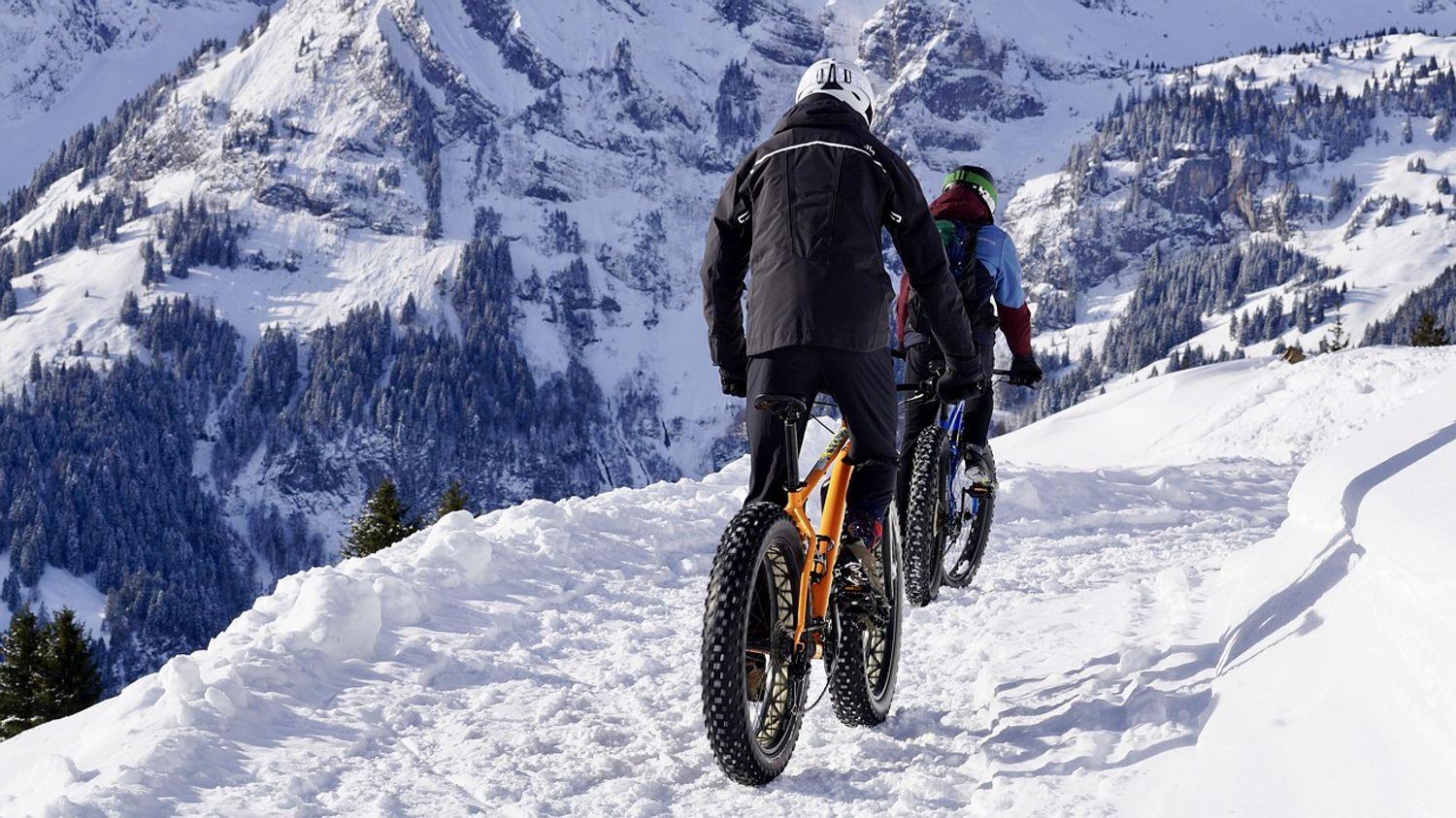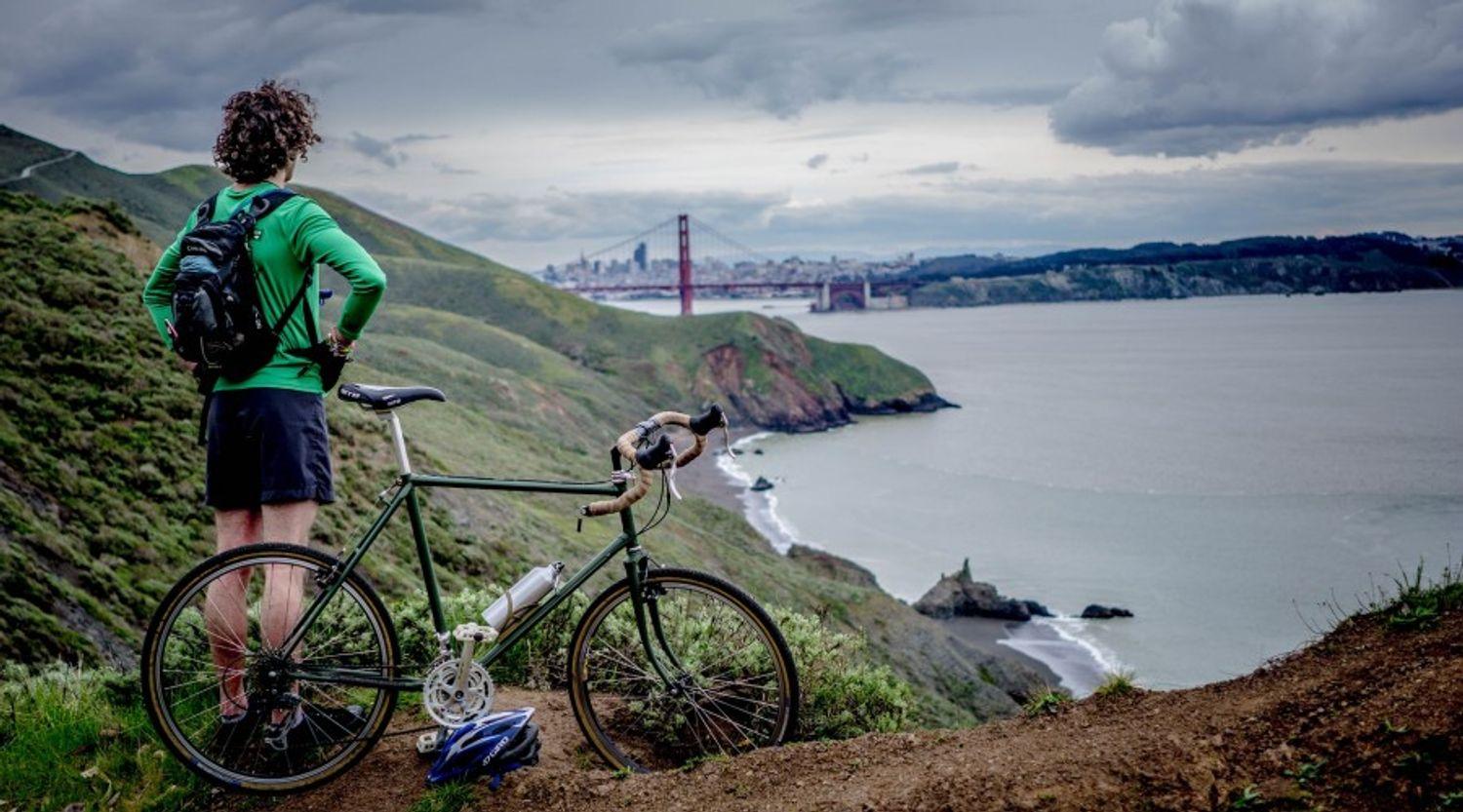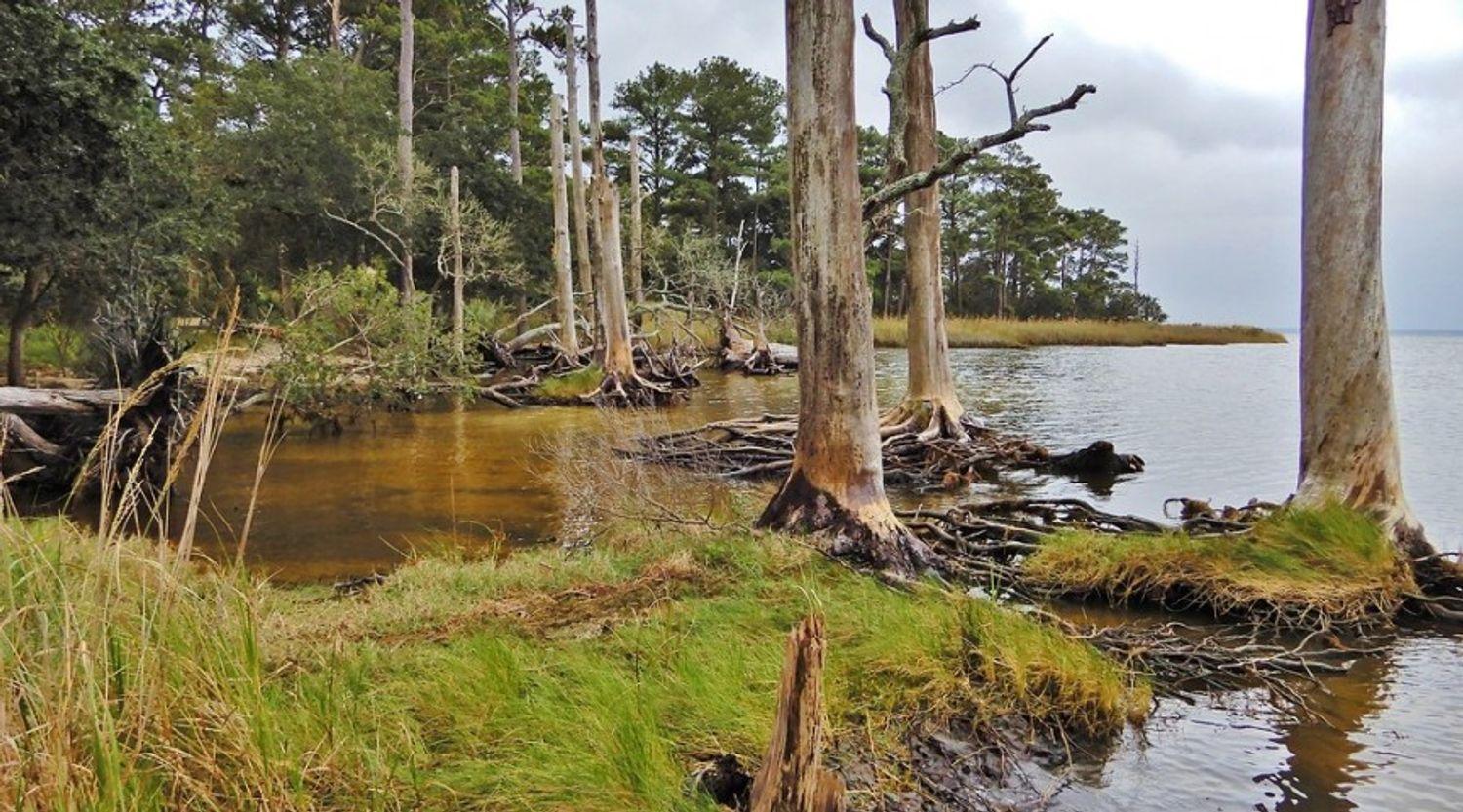Camping is a glorious way to experience the incredible wilderness and disconnect from the hustle and bustle of mundane life. Setting up tents or settling yourself into your new sleeping bag for a couple of days enables you to reconnect with nature and explore spectacles that you've never glimpsed before.
But as over tourism proceeds to wreak harm on famous travel destinations around the world, more travelers are seeking out slight harmful options.
Camping is a great way to travel responsibly. Spending time in the incredible wilderness lets you to avoid the enormous carbon footprint of air travel, resist overpriced dinners, and reduce your anxiety by resisting large crowds and maintaining things modest. Following the listed camping tips and tricks, which will help you camp responsibly, you'll be doing both the planet and yourself a favor.
ECO-FRIENDLY CAMPING TIPS
Alike any form of responsible travel, campers must be conscious of the preferences they make and the actions they take in order to minimize their consequence on the ecosystem. Here are some environmentally friendly camping tips that may help:
Leave No Trace Principles
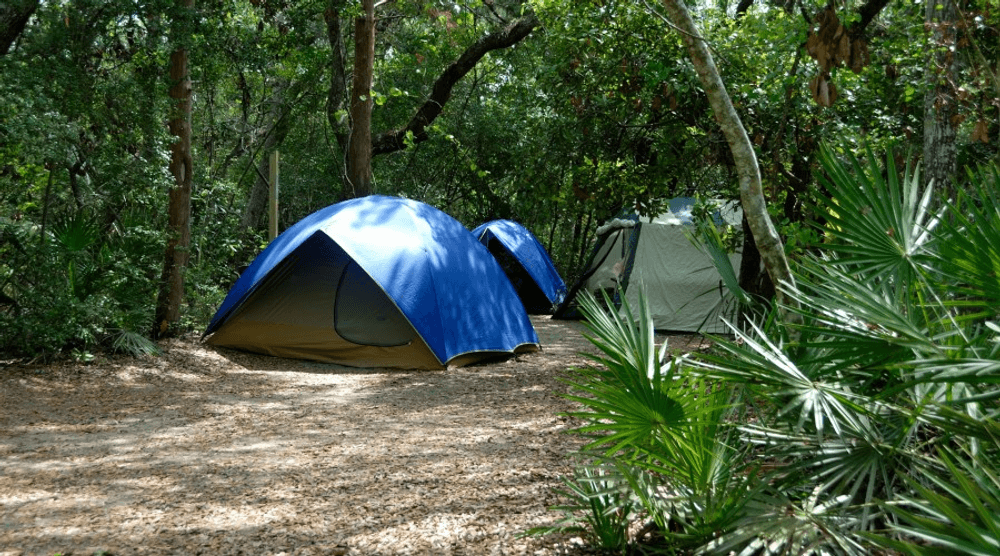
The classic Leave No Trace principles provide a basis for understanding responsible travel beliefs. It's crucial to familiarize yourself with the features of the ideology.
In short, Leave No Trace implies that you should constantly try to minimize your negative consequence when you travel and leave a location as you discovered it (or better).
Carry out everything you brought in with you. This implies even the smallest bits of trash that easily fly away from you when the breeze picks up during campsite feasts, or when you're unpacking your bag.
If you wish to be a genuine responsible person, take it a step further by carrying an extra bag along to your campsite and on your hikes and picking up the trash left behind by others as well.
Following Campground Rules
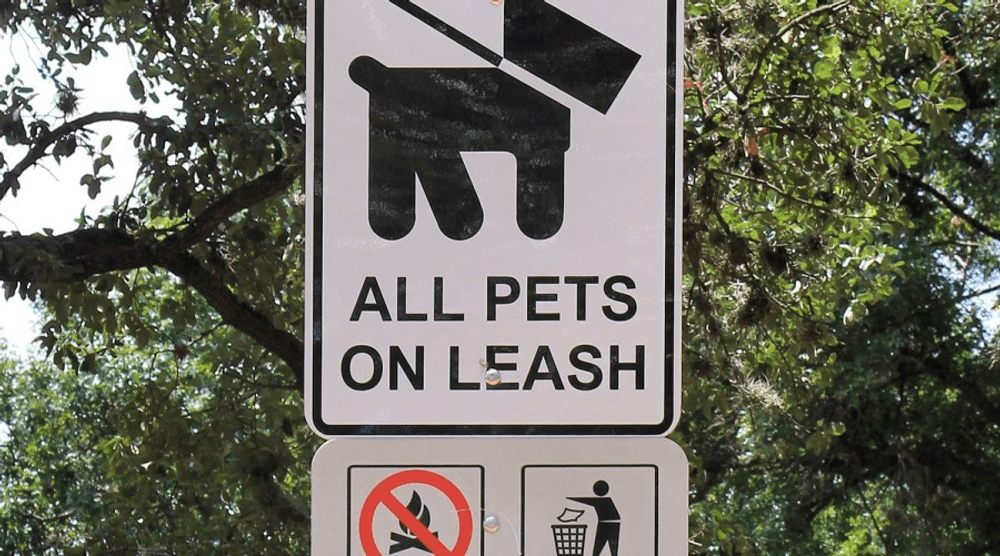
Following the campground rules is another vital aspect of camping responsibly. The rules aren't there to constrain your entertainment but they're implied to conserve the environment and your fellow campers. Some campgrounds don't permit pets or oblige pets to be on a leash, because of delicate wildlife in the region.
Be conscious of these regulations in advance to prevent penalties or embarrassing situations with other campers (or creatures). You should anyhow go over the campground regulations at the foyer, and check-in with the campground host or a ranger in case of any doubts
Stay on the Marked Trails
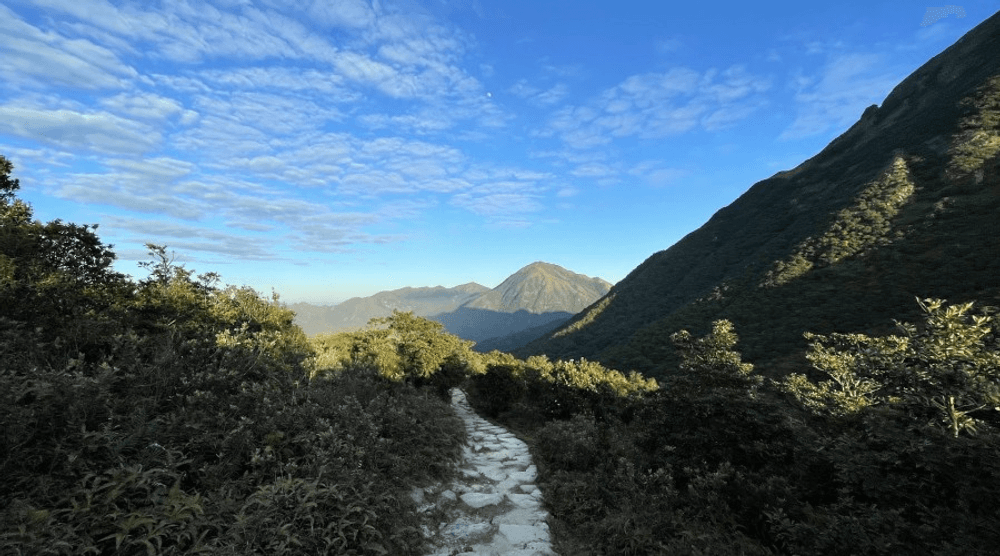
Remain on the marked trails around your campground, so as to not suppress the surrounding flora. Bushwhacking might sound like an entertaining, adventurous recreation, however, it's moreover potentially destructing to the ecosystem and the creatures that dwell in it.
A decent manner to resist having a negative consequence as a responsible camper is to remain on the obvious trails and not wander off to explore on your own, specifically in protected regions or national parks.
Trails are marked for two reasons, travellers' protection and minimizing any harm that can be prompted by people over a lengthy period of time.
Focus on Education

Education is moreover a topic of protection, especially if there are potentially risky creatures such as bears in the region. Understanding how to counter and safeguard yourself in the incident of a bear encounter can precisely be an issue of life and death, both for you and the bear! Educating yourself on the region should furthermore comprise the history of who initially called that territory home.
Skip the Fancy Gear
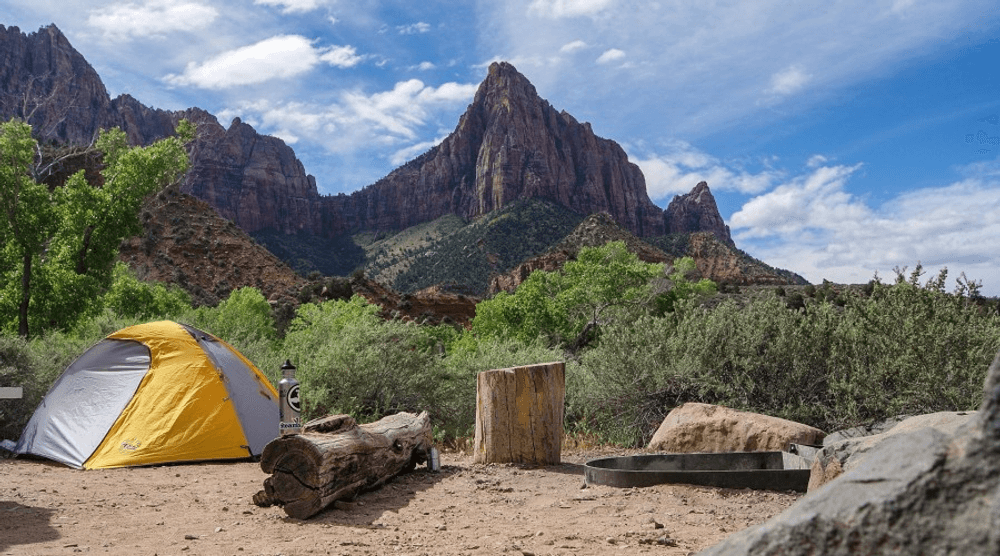
Responsible camping is all about roughing it and making swaps for your usual comforts. For instance, you don't require a massive, elegant tent. You can make do with a modest tarp or a hammock.
For campfires, skip the lighters and packets of matches, and load a simple flint instead. There is something incredible about enjoying camping guilt-free. When you know that your pleasure isn't causing harm to the environment and surroundings the fun doubles up.
Follow the One-Bag Rule
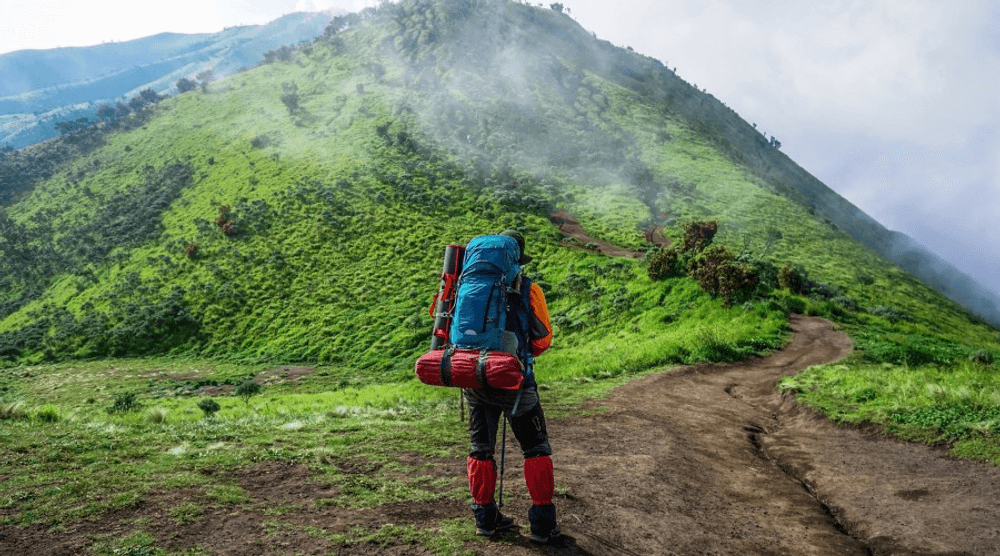
Responsible camping suggests no extra than one bag per person, and children under 10 years old should share a backpack. The bag should carry clothes, bathing necessities, and recreation.
Reasonable campers use packing organizers to sort things relatively simple to locate, Toiletries go in their own toiletry kit to maintain things neatly in one pouch, underclothes, and accessories in their own packing cube, and so on. Packing light is the most important thing in responsible tourism.
Stick to the Essentials
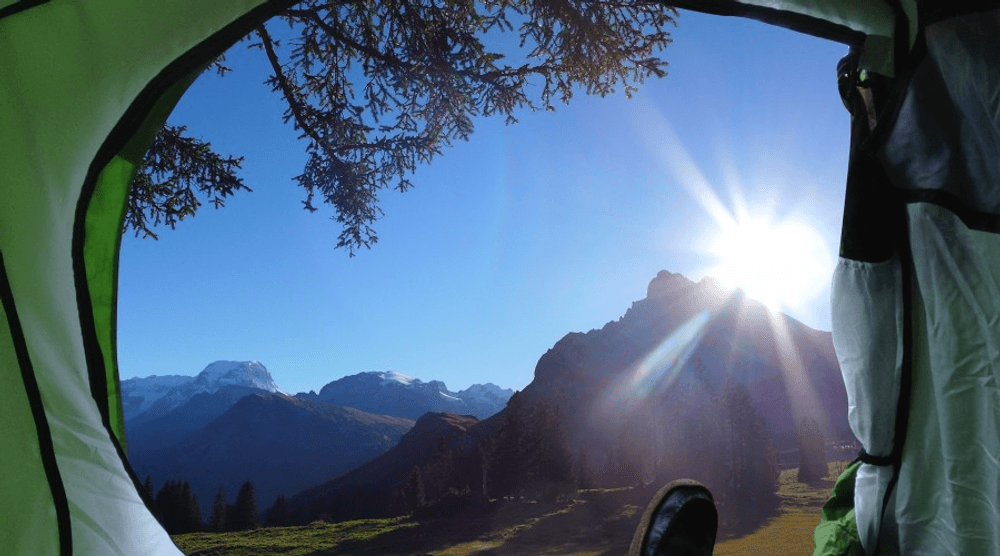
While arranging commodities into your responsible camping gear, whittle your packing list down to the necessities. You don't require carrying numerous pieces of clothing for a weekend in the forests.
Instead, each person will require a sleeping bag, a lesser portion of clothing, and the vastly fundamental hygiene requirements. If you're leaving for just a weekend, consider taking simply what's on your body, one extra piece of clothing, and Toiletries.
Camping is, after all, about becoming one with nature, and a slight sweat and dirt are a portion of that experience.
Carry Basic Cooking Equipment
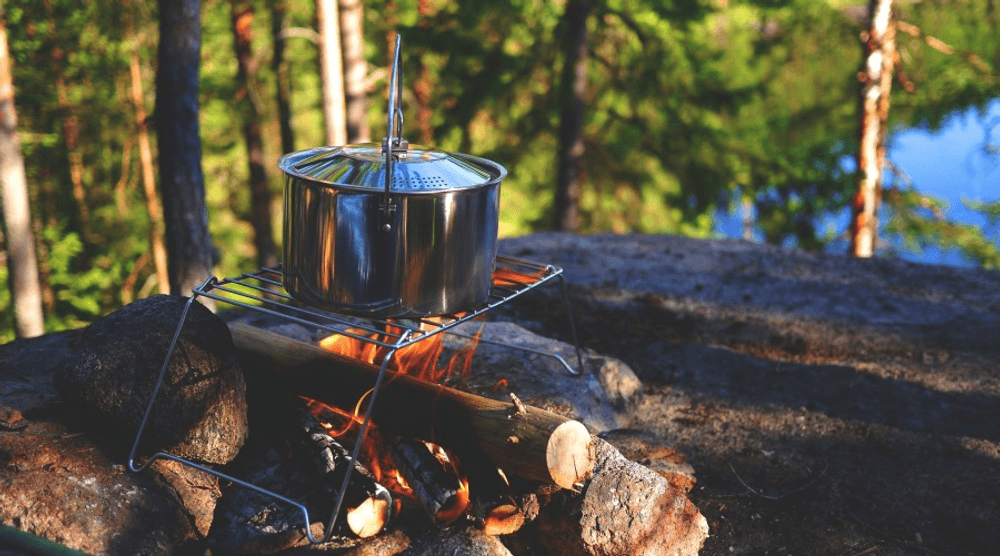
when it reaches camping cooking equipment, maintain things basic, a camp stove and fuel, one or two pots and pans, some tongs, a mess-kit for each member of your gathering, and aluminum foil for foil-wrapped meals.
As an alternative to the camp stove, you can often cook over an open fire. There is something wonderful about enjoying such basic and modest living close to nature with abundant beauty.
Don't Neglect Self-Care
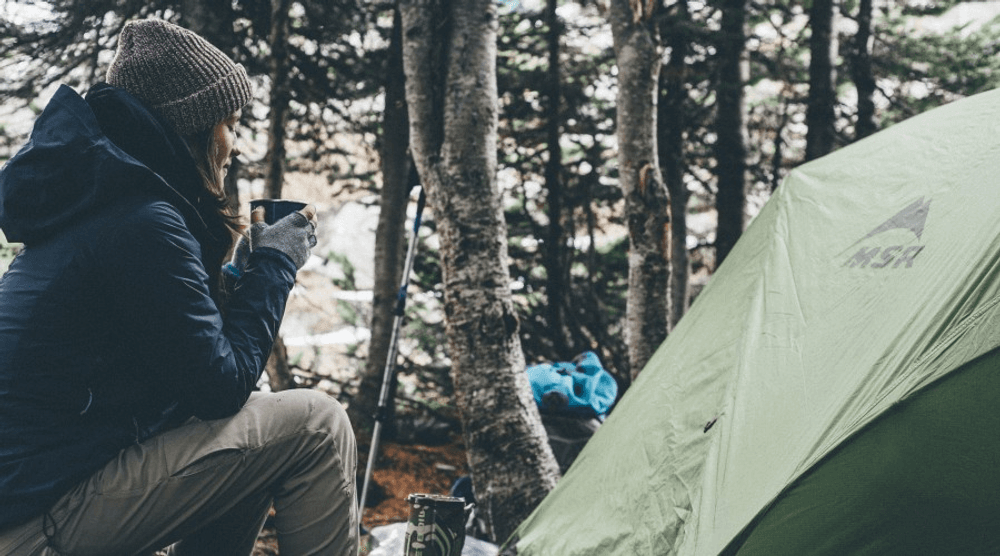
Going responsible doesn't imply that you should cut corners on the significant basics. One considerable packing tip for campers is to load biodegradable toilet paper and soap, insect repellent, necessary medications, sunscreen, a tiny sewing kit, rope, and a first-aid kit.
You should be prepared to fit almost all of those stuff within one tiny toiletry kit. One should always be prepared for every situation when going into the wild.
Resist the Urge for Luxuries
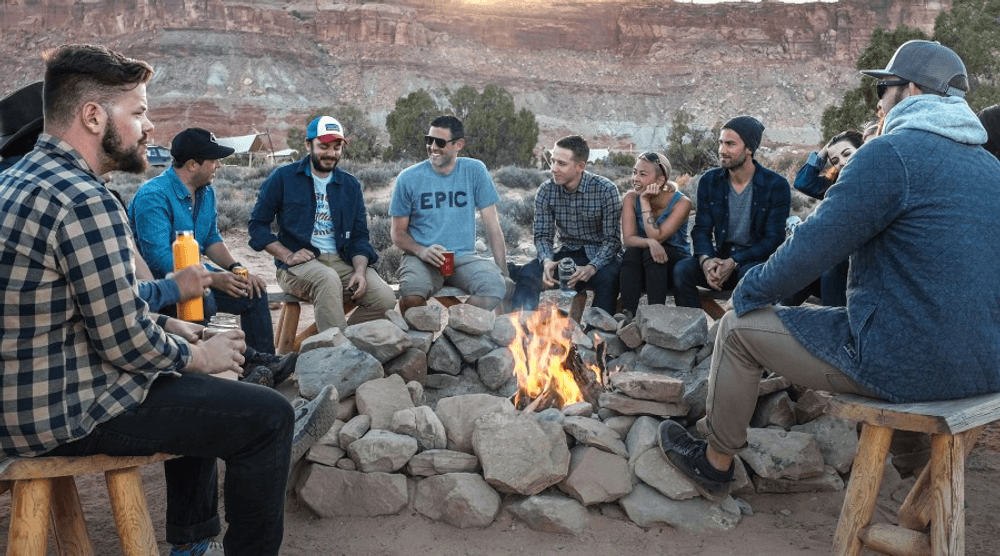
Leave behind anything that serves merely as a comfort commodity. Carrying commodities like massive lamps and heaters overthrow the purpose of going camping. If you don't wish to deal with a freezing night, possibly you should speculate about borrowing an RV or a cottage instead of spending the night in a tent.
Reconnecting with nature through outdoor recreations like camping and hiking, we can reasonably relish the multiple challenges and exhilaration those experiences provide.
Camping isn't merely an additional responsible way to travel. It's furthermore a guaranteed way to carry home experienced recollections that will last a lifetime and to indicate our admiration and appreciation for the environment along the way.
Being responsible in anything you do may come across complicated unless you practice it so much that it comes to be a portion of you. By existing a responsible camper, you are not merely formulating delighted and memorable periods for yourself, but likewise for the regional communities and the climate.

